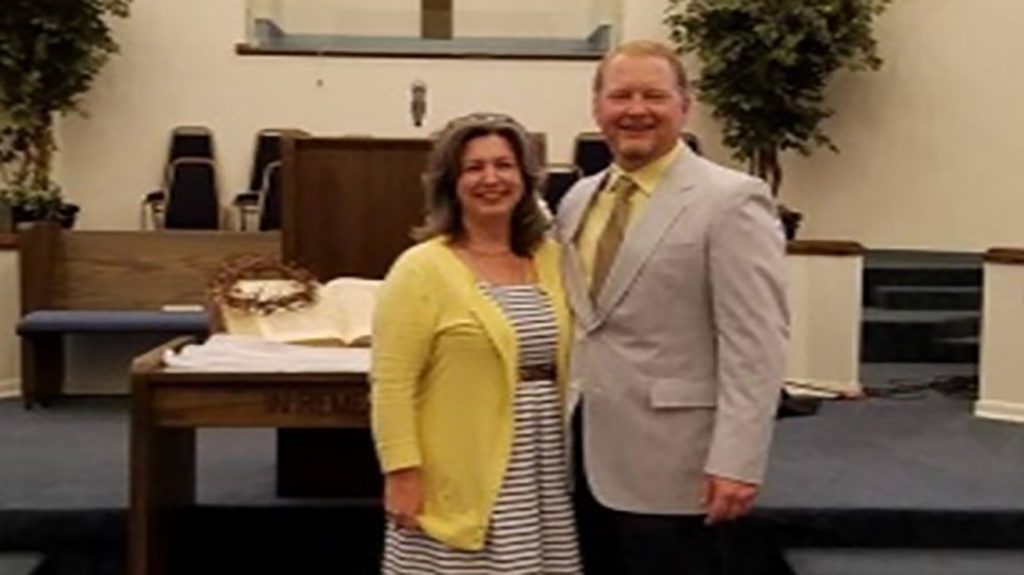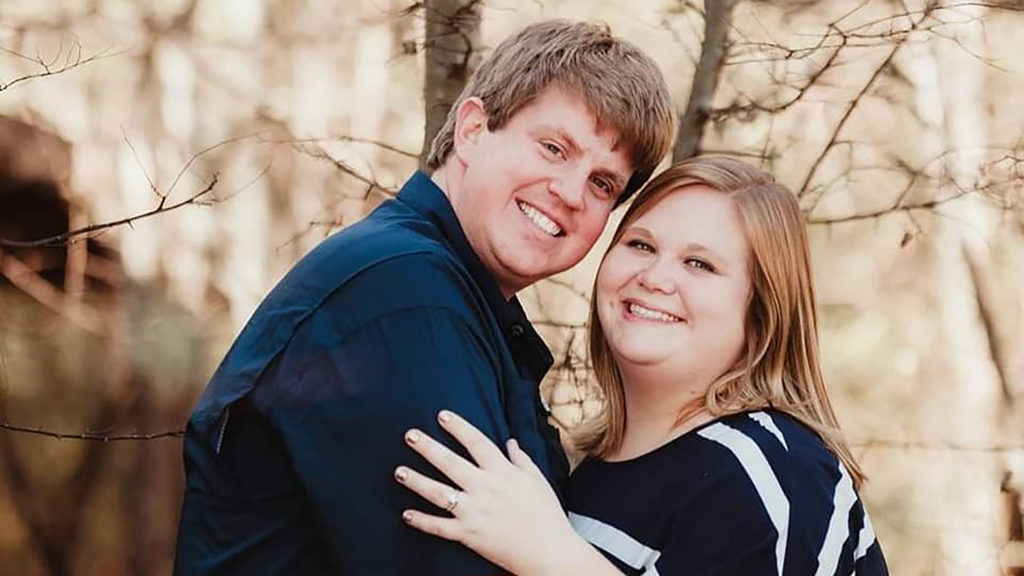Attitudes, customs and interests of church members changed in the aftermath of the terrorist attacks on Sept. 11. That was the conclusion of several Alabama pastors who shared their observations on these changes in their own churches.
“There was a renewal of patriotism,” said Ron Summers, pastor of Meadow Brook Baptist Church in Birmingham. “Several members thought it was important to dedicate a new flagpole and flag, which we did.”
“Immediately attendance increased dramatically,” said Grant Barber, pastor of Eastern Shore Baptist Church in Daphne.
“It has fallen off some, but we’re still growing, Any time you have a crisis, people are responsive.”
Joe Godfrey, pastor of Taylor Road Baptist Church, Montgomery, agreed with Barber. “I’ve only seen subtle changes,” he said. “But Sept. 11 could have been the catalyst for the changes.”
First Baptist Church, Alexander City, also saw an attendance increase, but pastor Gerald Hallmark said Sept. 11 might not have been the only reason for Change. “People were looking for comfort, but also school was starting back, so people weren’t going on vacations like they do in the summertime,” he said. “So our attendance held pretty steady. But we tried to build on [the slight increase] and hold those people in who had started coming back.
The attendance increase may also be attributed to the increase in calls for revival from spiritual leaders.
“There has been a greater sense of urgency both in worship and in hearing the word of God,” said Pastor Jess Smith of Mount Zion Baptist Church, Huntsville. “Some of the fervency has gone back to the same patterns, but people have had to stop and think about life.”
That has led to a deeper awareness of the meaning of family at Eastern Shore. “The church members are holding their children tighter,” Barber said. “People are aware life is frail, so they appreciate their families more.”
Family had added meaning for those churches with close ties to military installations, such as Eastern Shore, Mount Zion and Taylor Road.
“[The military ties] certainly did personalize the tragedies for us, especially when they sent troops to Afghanistan,” Godfrey said. “We were already trying to reach [military] families, but 9/11 added an extra impetus.”
Some pastors saw ministries strengthened while others saw openings to review the principles of the church. Others responded with studies on Islam.
“We were already involved in an intercessory prayer ministry, and that has taken on a greater depth,” Smith said.
“I have been preaching more doctrinally to remind Christians of why they are who they are and why we [Christians] don’t do that.” Hallmark said.
That mindset led many churches to hold classes to study the differences between Islam and other religions.
“Several Wednesday nights we talked about the differences of Islam and Christianity,” Summers said. “There was also a lot of interest in other groups and other denominations. The more you learn about your differences, the more you learn about who you are.”
“At least once a year, we hold a study on Islam and we’ll continue to do that,” Smith said. “It’s important because every believer needs to understand how to combat the principles of Islam.
“We need to witness to Muslims not just because they’re Muslim, but because they’re human beings,” Barber stated.
Although most Americans felt hesitation about traveling in the months since Sept. 11, many pastors said that evangelistic emphasis spilled over into existing missions programs.
“People are seeing the urgency of sharing Christ,” Godfrey said. “It has added another motivation to what we’re already doing,”
“It has increased our awareness of missions and stronger empathy for foreign missions and stronger empathy for foreign missions,” Hallmark added. “We have a better appreciation of missionaries on the field and the difficulties they face,” he said.
“The Lord is giving is a great opportunity to go into the world,” Smith said. “When things [like this] happen it’s an opening to do more, rather than less.”
Sumners said that attitude was reflected in his church, too.
“The whole mindset of 9/11 opens people up to see the need to be personally involved. We’ve had more involved in missions this year, and [giving to] our two missions offerings,” he explained.
Barber mentioned that he had noticed an increase in the role of the clergy and prayer in public events and forums.
“Rather than a formality, it became a vital part of what they were doing,” he said.
Sumners and several pastors stressed taking something positive from the tragedies.
“September 11 was a barometer showing us our potential of what we could be. If we take that potential and build not upon the tragedy, but upon our response to the tragedy, then we have a chance for taking something very terrible and producing something very good,” he said.





Share with others: